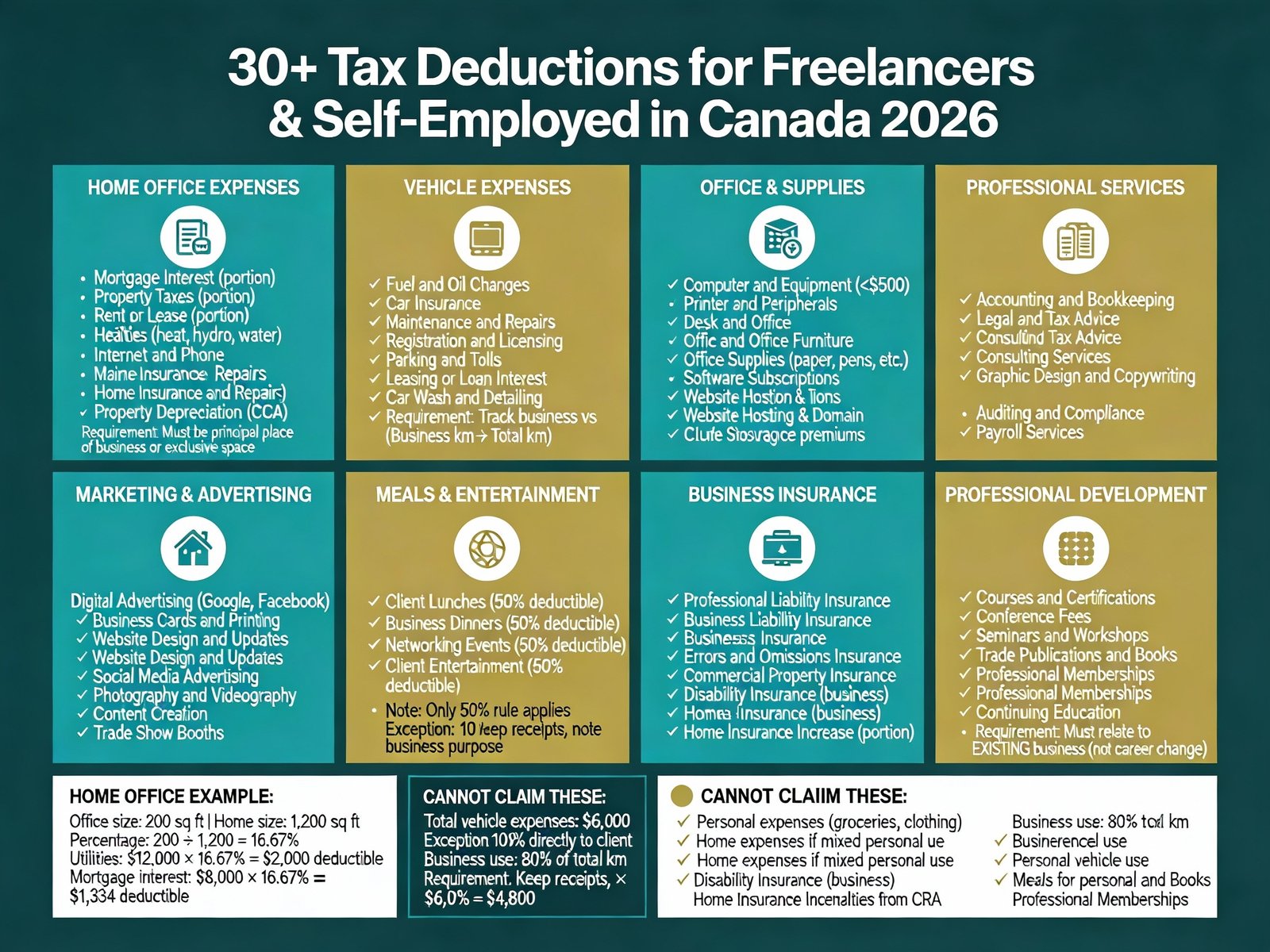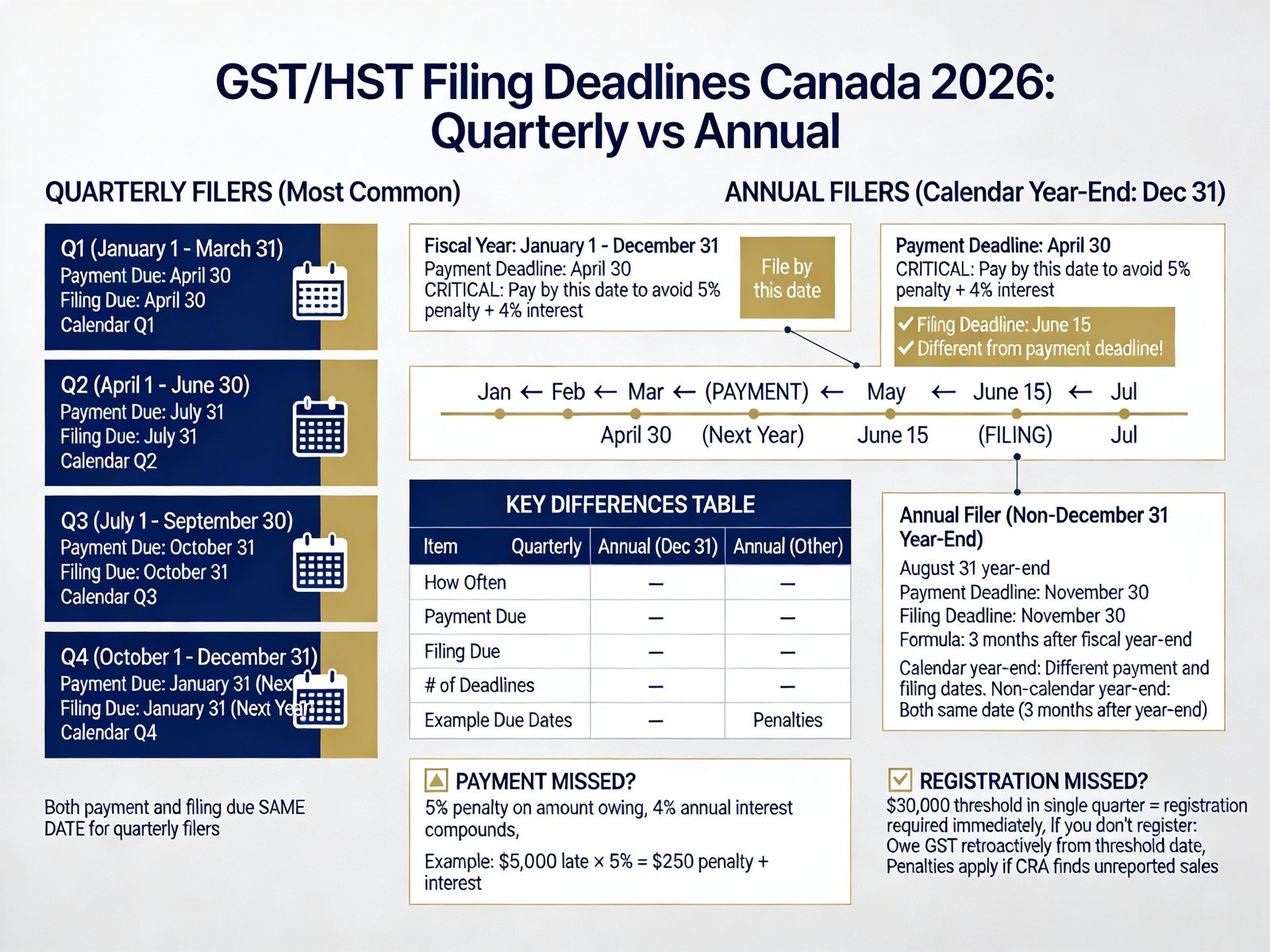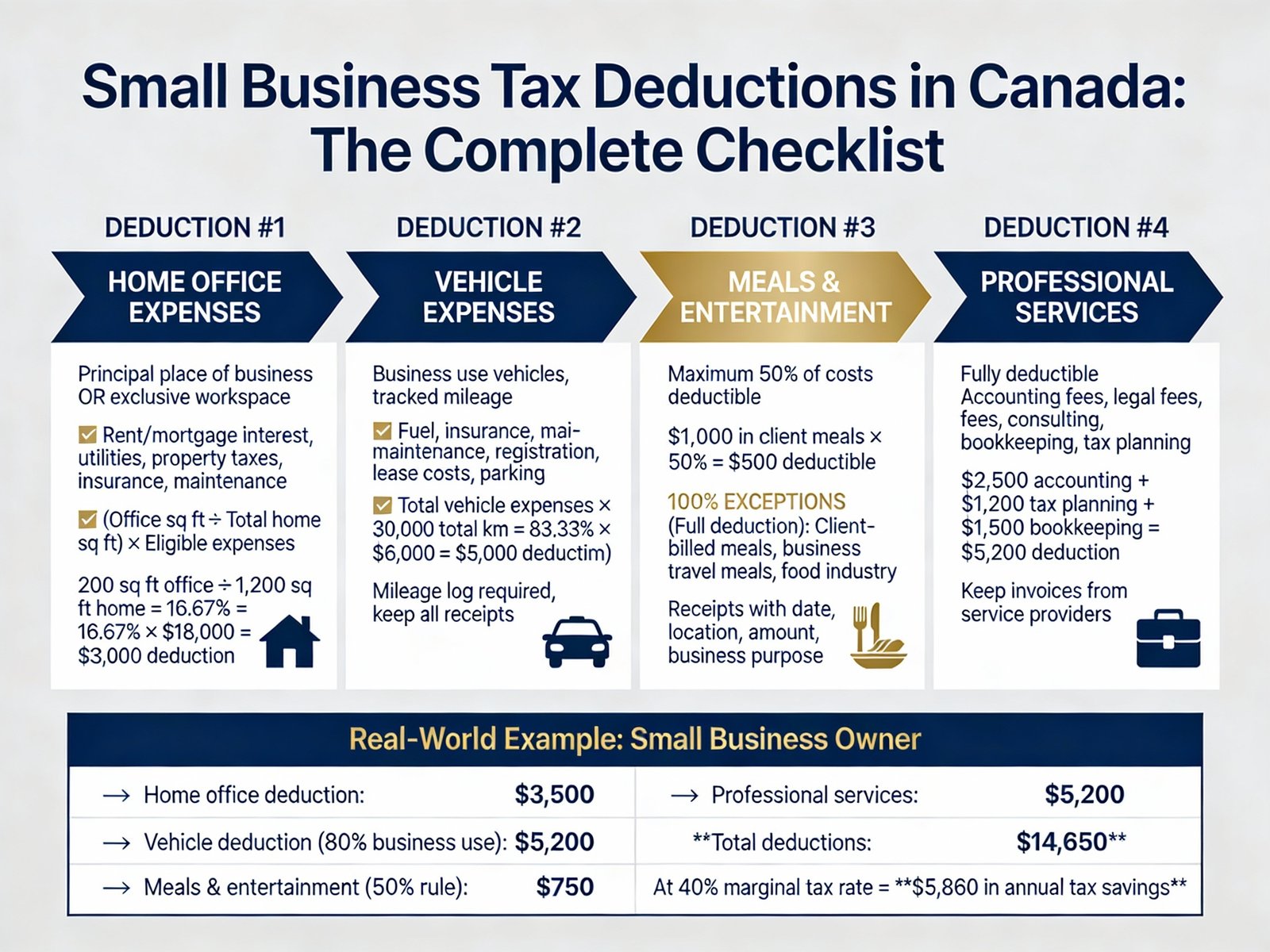Choosing the right business structure is a critical decision that can have long-term implications for your company’s success, legal obligations, and tax liabilities. In Alberta, the two most common forms of business ownership are sole proprietorships and corporations. Each structure has its own set of benefits and drawbacks. This guide aims to compare sole proprietorships and corporations, highlighting the legal protections and tax advantages of incorporating your business in Alberta.

Sole Proprietorship vs. Corporation: An Overview
Sole Proprietorship
Definition
- A sole proprietorship is an unincorporated business owned and operated by a single individual.
- It is the simplest and most common form of business structure.
Key Characteristics
- Ownership: Owned by one person.
- Liability: Owner has unlimited personal liability for business debts and obligations.
- Taxation: Business income is reported on the owner’s personal income tax return.
- Regulation: Minimal regulatory requirements and lower administrative costs.
- Control: Owner has complete control over business decisions.
Corporation
Definition
- A corporation is a legal entity separate from its owners (shareholders), created under the laws of Alberta.
- It can own property, enter into contracts, sue or be sued independently of its shareholders.
Key Characteristics
- Ownership: Owned by shareholders, which can be individuals or other entities.
- Liability: Limited liability protection for shareholders; personal assets are generally protected.
- Taxation: Subject to corporate tax rates; possible tax deferral advantages.
- Regulation: More complex regulatory requirements, including incorporation, annual filings, and record-keeping.
- Control: Managed by a board of directors appointed by the shareholders.
Legal Protections
Liability Protection
Sole Proprietorship
- Unlimited Personal Liability: The owner is personally responsible for all debts and liabilities incurred by the business.
- Risk to Personal Assets: Creditors can pursue the owner’s personal assets (e.g., home, car) to satisfy business debts.
Corporation
- Limited Liability: Shareholders’ liability is generally limited to the amount they have invested in the corporation.
- Protection of Personal Assets: Personal assets are typically protected from creditors’ claims against the corporation.
- Exceptions: Directors and officers may be personally liable in cases of fraud, negligence, or certain statutory obligations (e.g., unpaid wages, taxes).
Perpetual Existence
Sole Proprietorship
- Dependency on Owner: The business’s existence is tied to the owner. It may cease to exist upon the owner’s death or decision to discontinue.
Corporation
- Continuous Existence: The corporation continues to exist regardless of changes in ownership or management.
- Transferability of Ownership: Shares can be transferred or sold, facilitating succession planning and attracting investors.
Legal Recognition
Sole Proprietorship
- Less Formality: Minimal legal formalities; no requirement to register the business as a legal entity, though trade names must be registered.
Corporation
- Formal Structure: Requires incorporation under the Alberta Business Corporations Act.
- Compliance Obligations: Must maintain corporate records, hold annual shareholder meetings, and file annual returns.
Tax Advantages
Tax Rates
Sole Proprietorship
- Personal Income Tax Rates: Business income is taxed at the owner’s personal income tax rate.
- Progressive Taxation: Higher income levels are subject to higher marginal tax rates.
- Combined Federal and Alberta Personal Tax Rates for 2023:
- Rates range from 25% to 48% depending on income brackets.
Corporation
- Corporate Tax Rates: Eligible for lower small business tax rates on active business income.
- Small Business Deduction:
- Federal Rate: 9% on the first $500,000 of active business income.
- Alberta Rate: 2% on the first $500,000 of active business income.
- Combined Effective Rate: 11% on the first $500,000 of active business income.
Income Splitting
Sole Proprietorship
- Limited Opportunities: Income is attributed directly to the owner, limiting income-splitting options.
Corporation
- Dividend Payments: Ability to pay dividends to shareholders, including family members, subject to Tax on Split Income (TOSI) rules.
- Salary Payments: Can pay reasonable salaries to family members employed by the corporation.
Tax Deferral
Sole Proprietorship
- Immediate Taxation: All business income is taxed in the year it is earned at personal rates.
Corporation
- Deferral Opportunities: Ability to retain earnings within the corporation, deferring personal taxation until funds are withdrawn.
- Reinvestment: Retained earnings can be reinvested into the business at a lower tax cost.
Deductions and Benefits
Sole Proprietorship
- Business Expenses: Can deduct business-related expenses against income.
- Limited Benefits: Fewer opportunities to access certain tax-free benefits.
Corporation
- Expanded Deductions: May deduct additional expenses, such as salaries to family members and certain benefits.
- Tax-Free Benefits: Ability to provide tax-free benefits to employees, including the owner-manager (e.g., health and dental plans).
Capital Gains Exemption
Sole Proprietorship
- Limited Access: Sale of business assets may result in taxable capital gains without access to certain exemptions.
Corporation
- Lifetime Capital Gains Exemption: Shareholders may qualify for the Lifetime Capital Gains Exemption (LCGE) on the sale of qualified small business corporation shares.
- Exemption Amount: For 2023, the LCGE is up to $971,190, potentially resulting in significant tax savings.
Additional Considerations
Financing and Investment
Sole Proprietorship
- Limited Financing Options: Reliance on personal credit and resources.
- Investor Attraction: Less attractive to investors due to lack of share structure and liability concerns.
Corporation
- Access to Capital: Can issue shares to raise capital.
- Investor Appeal: Limited liability and share structure make corporations more appealing to investors.
Credibility and Professional Image
Sole Proprietorship
- Perception: May be perceived as less established, depending on the industry.
Corporation
- Enhanced Credibility: Incorporation can enhance the business’s professional image and credibility with customers, suppliers, and financial institutions.
Administrative Complexity
Sole Proprietorship
- Simplicity: Easier to set up and maintain with minimal regulatory requirements.
- Lower Costs: Fewer administrative expenses related to legal and accounting services.
Corporation
- Increased Complexity: Requires adherence to corporate governance, record-keeping, and compliance with the Alberta Business Corporations Act.
- Higher Costs: Additional expenses for incorporation, annual filings, and professional services.
When to Consider Incorporation
- Liability Concerns
- If your business involves significant risk of liability or large contracts, incorporation can protect personal assets.
- Tax Planning Opportunities
- When your business generates income beyond your immediate personal needs, allowing for income deferral and splitting.
- Growth and Expansion Plans
- If you plan to raise capital, attract investors, or expand operations, a corporate structure facilitates these objectives.
- Succession Planning
- Incorporation allows for smoother transfer of ownership through share sales or estate planning.
- Professional Requirements
- Certain professions and industries may require or prefer a corporate structure for regulatory or contractual reasons.
How to Incorporate in Alberta
- Choose a Corporate Name
- Ensure the name is unique and complies with Alberta’s naming requirements.
- Alternatively, operate under a numbered company and register a trade name.
- Prepare Articles of Incorporation
- Define the structure, share classes, and any restrictions on share transfers.
- Include any special provisions as needed.
- File Incorporation Documents
- Submit the Articles of Incorporation and other required forms to Alberta Corporate Registry.
- Pay the applicable incorporation fees.
- Obtain a Business Number (BN)
- Register with the CRA to obtain a BN for tax purposes, including GST/HST, payroll, and corporate income tax accounts.
- Create Corporate Records
- Maintain a minute book with corporate bylaws, minutes of meetings, resolutions, and share registers.
- Meet Ongoing Compliance Requirements
- File annual returns with Alberta Corporate Registry.
- Hold annual shareholder and director meetings.
- Keep accurate financial records and comply with tax filing obligations.
Conclusion
Incorporating your business in Alberta offers significant legal protections and tax advantages compared to operating as a sole proprietorship. Limited liability shields your personal assets from business debts, while tax benefits such as lower corporate tax rates, income splitting, and tax deferral can enhance your financial position. While incorporation involves additional administrative responsibilities and costs, the long-term benefits often outweigh these considerations, especially as your business grows.
How Bomcas Canada Accounting Firm Can Help
Deciding whether to incorporate is a complex decision that depends on your unique business circumstances. At Bomcas Canada Accounting Firm, we specialize in assisting entrepreneurs and small businesses in Alberta with comprehensive accounting and tax services.
- Business Structure Consultation: We’ll help you evaluate the pros and cons of incorporation based on your specific situation.
- Incorporation Assistance: Guide you through the incorporation process, including preparing and filing necessary documents.
- Tax Planning and Compliance: Develop tax strategies to maximize the benefits of incorporation and ensure compliance with all regulatory requirements.
- Accounting and Bookkeeping: Provide ongoing support with financial record-keeping, payroll, and reporting.
- Corporate Governance: Assist with maintaining corporate records, minute books, and meeting statutory obligations.
- Succession Planning: Advise on strategies for business continuity and transfer of ownership.
Contact Us Today
Take the next step in securing your business’s future and unlocking potential tax savings.
- Phone: 780-667-5250
- Fax: 780-851-2520
- Email: info@bomcas.ca
- Website: https://bomcas.ca
At Bomcas Canada, we’re committed to empowering Alberta businesses with expert advice and personalized services tailored to your needs.










 View Our Location
View Our Location





 181 Meadowview Bay, Sherwood Park, AB T8H 1P7, Canada (Online Clients Only)
181 Meadowview Bay, Sherwood Park, AB T8H 1P7, Canada (Online Clients Only)